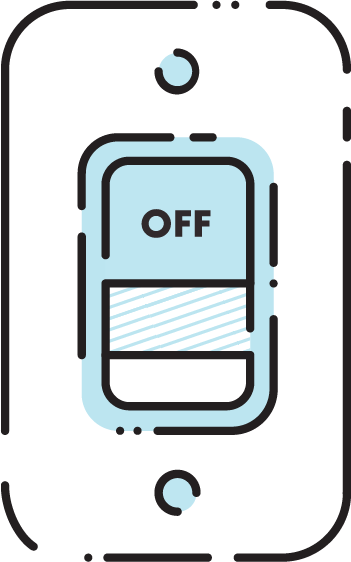
We’ve switched some things up.
This page is no longer available. Try searching for what you’re looking for or explore the bottom of the page. Once you find it, don’t forget to add the new address to your bookmarks.

This page is no longer available. Try searching for what you’re looking for or explore the bottom of the page. Once you find it, don’t forget to add the new address to your bookmarks.